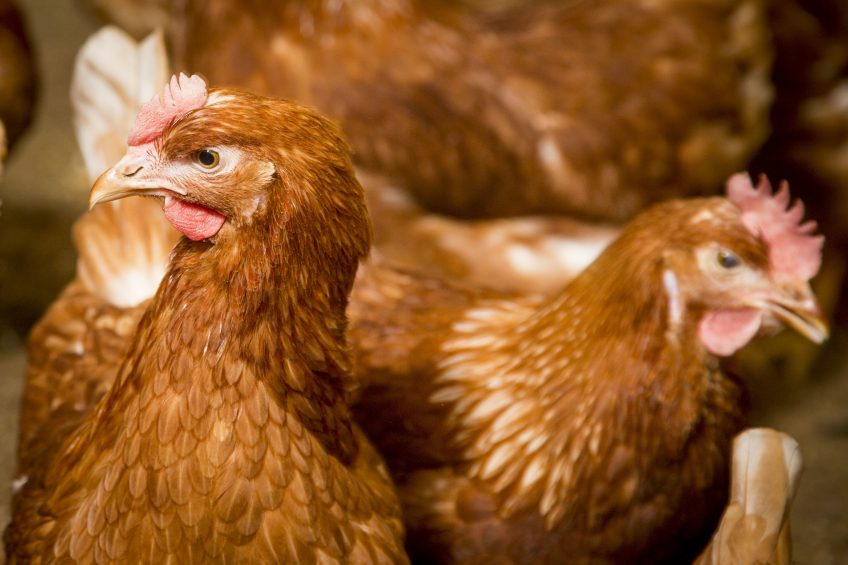New EU derogation around marketing of free range hens

Free range egg producers across Europe will receive a boost tomorrow (November 25) when the updated European Union derogation allowing hens kept indoors due to bird flu outbreaks comes into force.
The new derogation will allow producers to keep hens indoors and have eggs labelled free range for up to 16 weeks. An initial EU-wide standard agreed 10 years ago said producers could continue to market their products as free range for up to 12 weeks.
However, the 12-week derogation was considered too short in the face of the prolonged nature of last year’s avian influenza outbreak.
With the likelihood of further prolonged outbreaks in the future, the European Commission took the decision to extend the derogation following a detailed consultation with industry.
The new rules also clarify that this derogation applies at the level of flocks, rather than regions or farms. This allows farms having introduced new flocks during the restriction period to benefit from the full derogation; eggs from each individual flock can be labelled as free range for the full 16-week period if open access in restricted, regardless of when the farm can under the restrictions.
The derogation has been most welcomed in nations which have the largest proportion of the 14% of the EU’s 390m hens that are kept in free range systems. In terms of flock size, the UK has the largest share of the EU’s population of free range birds.
• UK – 41%
• Germany – 17%
• France – 16%
• Netherlands – 10%
Charles Bourns, chairman of the poultry and eggs working arty of Copa Cogeca, said he believed that most free range producers would have retained their free range status if the 16-week rule had been in place last winter.
Mr Bourns said he would have liked to have seen an extension to 20 weeks – a point also made by the British Free Range Egg Producers Association. But he described the proposal as a good compromise, particularly as it would change the point from which housed status was counted.
Gary Ford, chief poultry adviser for the UK National Farmers’ Union, said: “While this is short of what we were lobbying for, it is nonetheless a significant move forward and we welcome the greater flexibility.”













